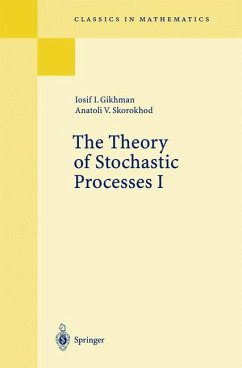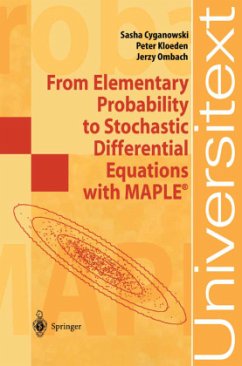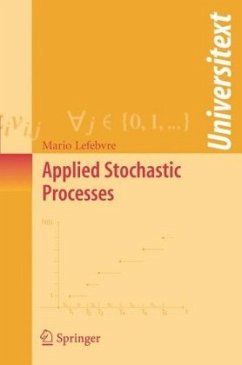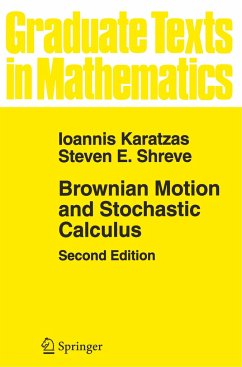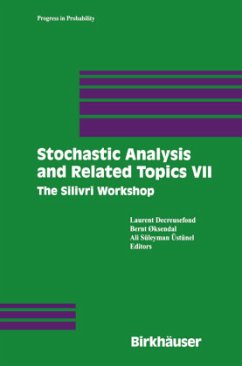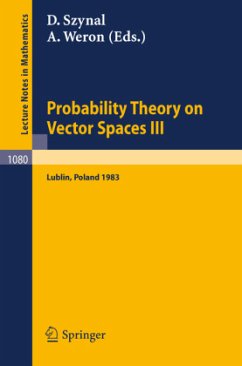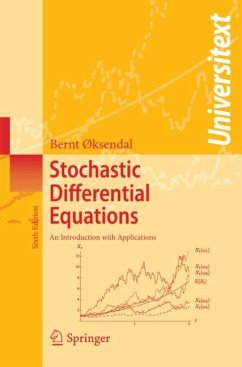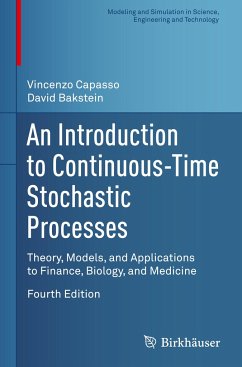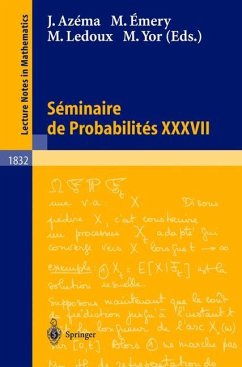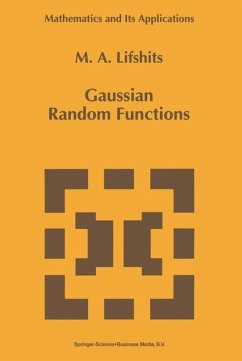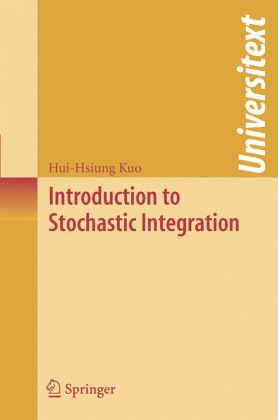
Introduction to Stochastic Integration

PAYBACK Punkte
25 °P sammeln!
This book is an accessible introduction to stochastic integration for students with background in advanced calculus and elementary probability theory. Further, the author incorporates methods from measure theory as well as a bit of elementary Hilbert space theory as applied to L2 spaces. There are clear examples used to motivate the concepts and to illustrate the theorems, along with many exercises at the end of each chapter. Topics include constructions of Brownian motion, the Ito formula, stochastic integrals for martingales, and stochastic differential equations. This text is based on lectures first given in 1998, and has been used since then for courses taught by the author at Louisiana State University
In the Leibniz-Newton calculus, one learns the di?erentiation and integration of deterministic functions. A basic theorem in di?erentiation is the chain rule, which gives the derivative of a composite of two di?erentiable functions. The chain rule, when written in an inde?nite integral form, yields the method of substitution. In advanced calculus, the Riemann-Stieltjes integral is de?ned through the same procedure of "partition-evaluation-summation-limit" as in the Riemann integral. In dealing with random functions such as functions of a Brownian motion, the chain rule for the Leibniz-Newton calculus breaks down. A Brownian motionmovessorapidlyandirregularlythatalmostallofitssamplepathsare nowhere di?erentiable. Thus we cannot di?erentiate functions of a Brownian motion in the same way as in the Leibniz-Newton calculus. In 1944 Kiyosi It o published the celebrated paper "Stochastic Integral" in the Proceedings of the Imperial Academy (Tokyo). It was the beginning of the It o calculus, the counterpart of the Leibniz-Newton calculus for random functions. In this six-page paper, It o introduced the stochastic integral and a formula, known since then as It o's formula. The It o formula is the chain rule for the It ocalculus.Butitcannotbe expressed as in the Leibniz-Newton calculus in terms of derivatives, since a Brownian motion path is nowhere di?erentiable. The It o formula can be interpreted only in the integral form. Moreover, there is an additional term in the formula, called the It o correction term, resulting from the nonzero quadratic variation of a Brownian motion.





